by Scott Muniz | Feb 1, 2022 | Security, Technology
This article is contributed. See the original author and article here.
The Federal Bureau of Investigation (FBI) has released a Private Industry Notification (PIN) to warn entities associated with the February 2022 Beijing Winter Olympics and March 2022 Paralympics that malicious cyber actors could use a broad range of cyber activities to disrupt these events. These activities include distributed denial-of-service attacks, ransomware, malware, social engineering, data theft or leaks, phishing campaigns, disinformation campaigns, and insider threats. Additionally, the FBI PIN warns Olympic participants and travelers of potential threats associated with mobile applications developed by untrusted vendors. The FBI urges all athletes to keep their personal cell phone at home and use a temporary phone while attending the events.
CISA encourages all travelers to the 2022 Beijing Winter Olympics and Paralympics to review FBI PIN: Potential for Malicious Cyber Activities to Disrupt the 2022 Beijing Winter Olympics and Paralympics and apply the recommendations.

by Scott Muniz | Feb 1, 2022 | Security, Technology
This article is contributed. See the original author and article here.

Official websites use .gov
A .gov website belongs to an official government organization in the United States.

Secure .gov websites use HTTPS
A
lock ( )
) or
https:// means you’ve safely connected to the .gov website. Share sensitive information only on official, secure websites.
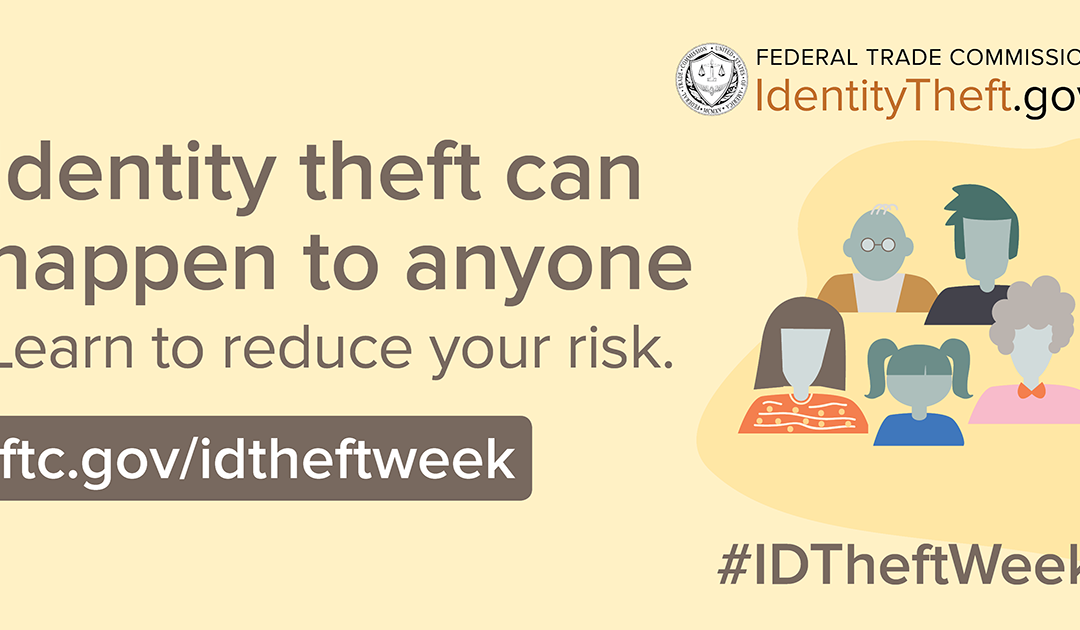
by Scott Muniz | Feb 1, 2022 | Security
This article was originally posted by the FTC. See the original article here.
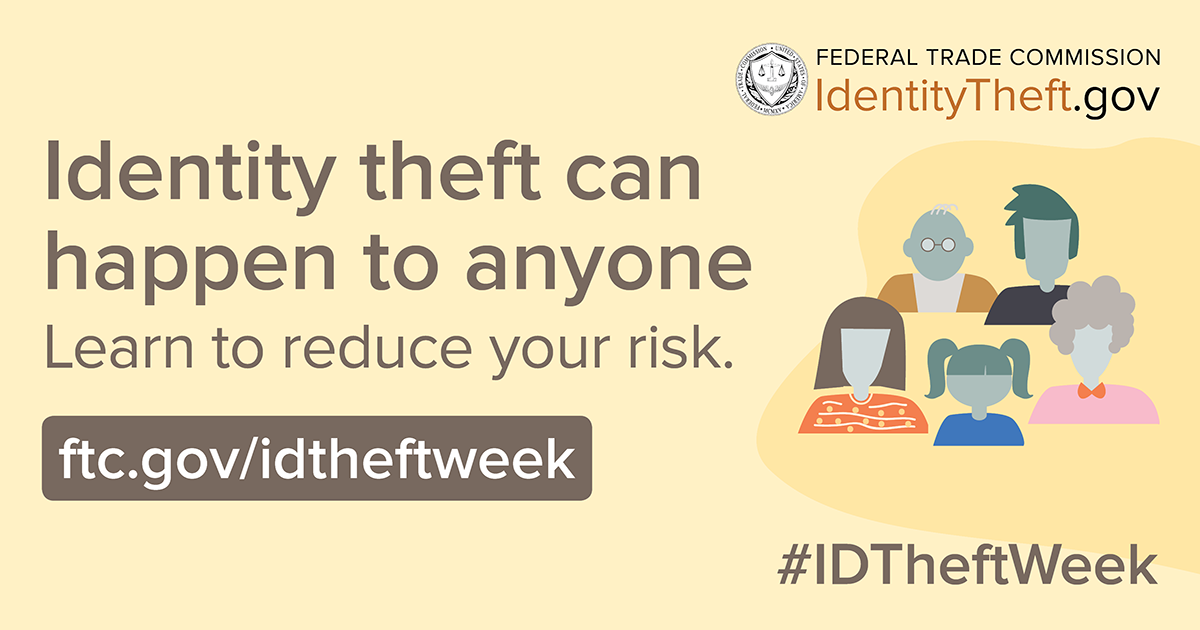 It’s the second day of Identity Theft Awareness Week and today we’re talking about steps that can help reduce your risk of identity theft.
It’s the second day of Identity Theft Awareness Week and today we’re talking about steps that can help reduce your risk of identity theft.
Many of us access our online accounts — credit cards, investments, insurance, or checking and savings accounts — nearly every day. In our digital world, bits of our personal information are everywhere. Identity thieves know this and look for ways — both high-tech, like lifting our passwords, or low-tech, like stealing our mail — to get their hands on our money and personal information.
Since identity theft can happen to anyone, here are some ways to keep your money and personal information safe.
- Protect documents that have personal information. Keep things with personal information — think financial records or Social Security and Medicare cards — in a safe place. Shred them before you throw them away. If you get statements with personal information in the mail, take your mail out of the mailbox as soon as you can.
- Don’t share your Social Security number with someone who contacts YOU. While some organizations might need your Social Security number to identify you, they won’t call, email, or text you to ask for it. So if someone contacts you, asks you for your Social Security number, and says they’re from the IRS, your bank, or your employer — it’s a scam.
- Protect your information online and on your phone. If you’re logging in to an online account, use a strong password. Add multi-factor authentication for accounts that offer it. Multi-factor authentication makes it harder for scammers to log in to your accounts if they do get your username and password.
- Review your bills. Charges for things you didn’t buy, or an unexpected bill, could be a sign of identity theft.
Remember to check out the free events and webinars each day of Identity Theft Awareness Week. And if you think someone has been using your personal information to open accounts, buy things, or file taxes, report it and get recovery help at IdentityTheft.gov.
Brought to you by Dr. Ware, Microsoft Office 365 Silver Partner, Charleston SC.
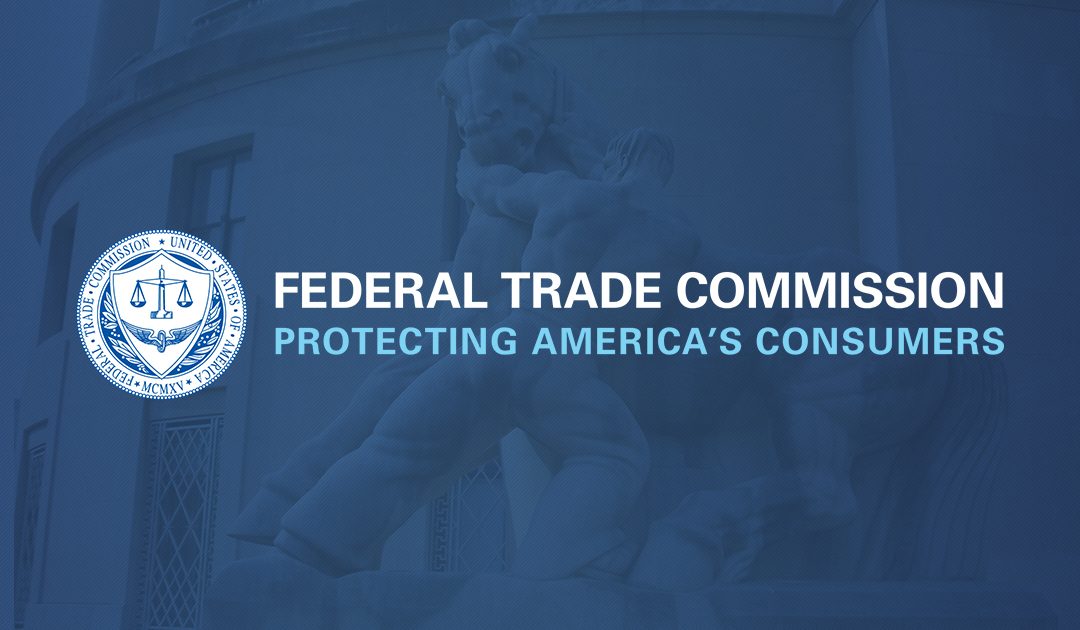
by Scott Muniz | Jan 31, 2022 | Security
This article was originally posted by the FTC. See the original article here.
It’s almost February and you know what that means…it’s getting close to National Consumer Protection Week (NCPW)! This year, NCPW is March 6-12, 2022, so now’s the time to jump into planning.
NCPW is the time of year when government agencies, consumer protection groups, and people like you work together to help remind your family, friends, and neighbors of their consumer rights and avoid frauds and scams. Want to join in? Here are some ideas:
- Help your family, friends and community avoid scams. Order free materials to share in English or Spanish. Order by February 7th to ensure delivery by NCPW.
- Plan a virtual consumer protection event. Find ideas at ftc.gov/ncpw for how to get involved.
- Share resources on COVID-19 scams. Share ways to avoid these scams, from COVID tests to vaccine scams. Check out ftc.gov/coronavirus/scams for free resources, including one-page handouts and graphics to share on social media.
- Visit ftc.gov/ncpw for even more resources.
We’ll be back next month to tell you more about the virtual events we have planned for NCPW. See you then.
Brought to you by Dr. Ware, Microsoft Office 365 Silver Partner, Charleston SC.
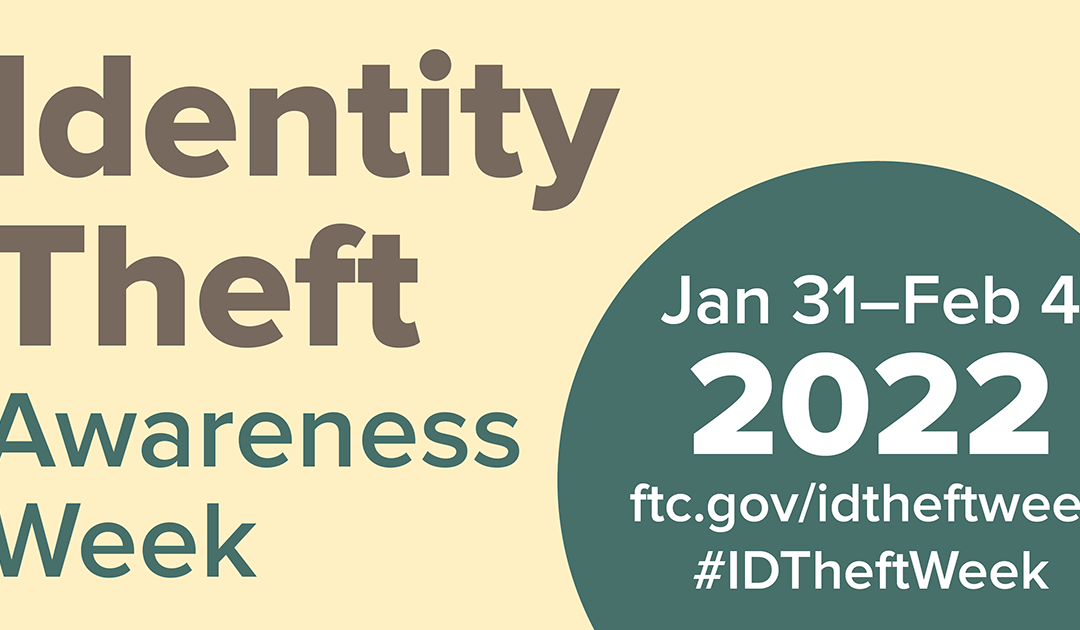
by Scott Muniz | Jan 31, 2022 | Security
This article was originally posted by the FTC. See the original article here.
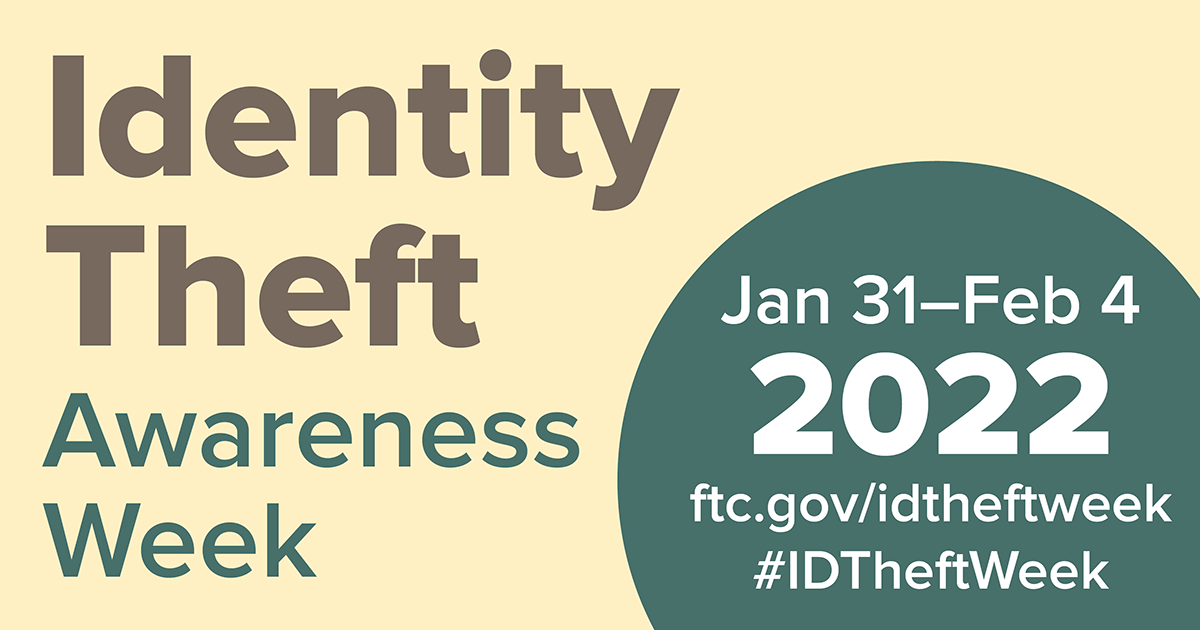 Today we’re kicking off Identity Theft Awareness Week 2022. Identity thieves have been busier than ever during the pandemic, with scammers and identity thieves after people’s information to apply for credit, unemployment benefits, file taxes, buy things, or get medical services. But there are some things you can do to protect yourself, and this week, you’ll learn how.
Today we’re kicking off Identity Theft Awareness Week 2022. Identity thieves have been busier than ever during the pandemic, with scammers and identity thieves after people’s information to apply for credit, unemployment benefits, file taxes, buy things, or get medical services. But there are some things you can do to protect yourself, and this week, you’ll learn how.
Each day this week, we’ll cover topics from the steps you can take to protect your personal information, to what to know about credit freezes and fraud alerts. Follow along with these alerts to help keep your money and personal information safe from scammers.
But wait, there’s more! This week, tune into free webinars, podcasts, and other events to hear experts discussing how to spot, protect against, and recover from identity theft. There’s something for everyone — including some events that spotlight resources for active duty service members, veterans, and older adults.
Start by joining a Facebook Live discussion at 3 p.m. ET today: Impersonator Scams & Identity Theft. You’ll hear from experts from the FTC and AARP’s Fraud Watch Network about impersonators who pretend to be from the government or well-known businesses, how they try to steal your information, and how to spot and stop them.
For details on the week’s webinars, podcasts, and Facebook Live programs, as well as how to participate, visit Identity Theft Awareness Week 2022. Then join us on Friday, when we’ll wrap up with a Twitter chat discussing identity theft trends, advice on spotting and avoiding identity theft, and how to recover.
Learn more about identity theft at ftc.gov/idtheft. And, if identity theft happens to you or someone you know, visit IdentityTheft.gov to report it and get a personalized recovery plan.
Brought to you by Dr. Ware, Microsoft Office 365 Silver Partner, Charleston SC.


 It’s the second day of Identity Theft Awareness Week and today we’re talking about steps that can help reduce your risk of identity theft.
It’s the second day of Identity Theft Awareness Week and today we’re talking about steps that can help reduce your risk of identity theft.


 Today we’re kicking off Identity Theft Awareness Week 2022. Identity thieves have been busier than ever during the pandemic, with scammers and identity thieves after people’s information to apply for credit, unemployment benefits, file taxes, buy things, or get medical services. But there are some things you can do to protect yourself, and this week, you’ll learn how.
Today we’re kicking off Identity Theft Awareness Week 2022. Identity thieves have been busier than ever during the pandemic, with scammers and identity thieves after people’s information to apply for credit, unemployment benefits, file taxes, buy things, or get medical services. But there are some things you can do to protect yourself, and this week, you’ll learn how.
Recent Comments